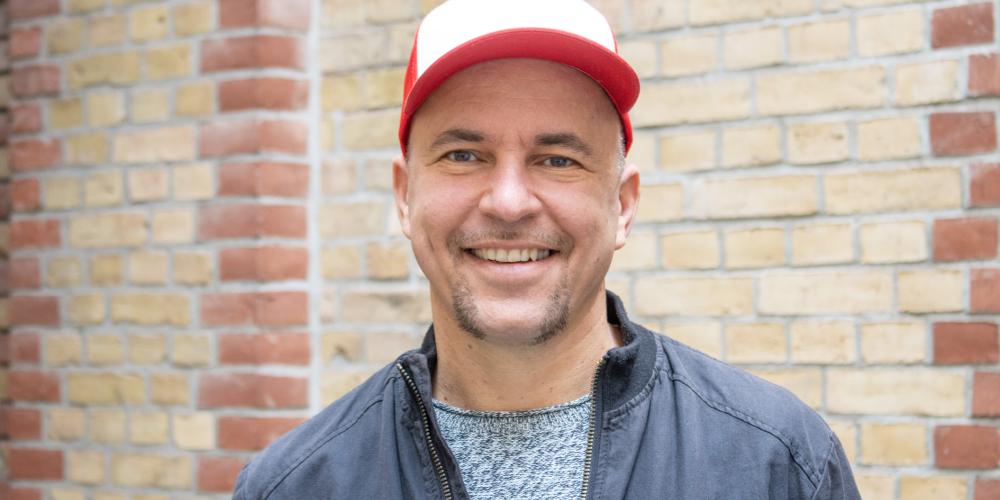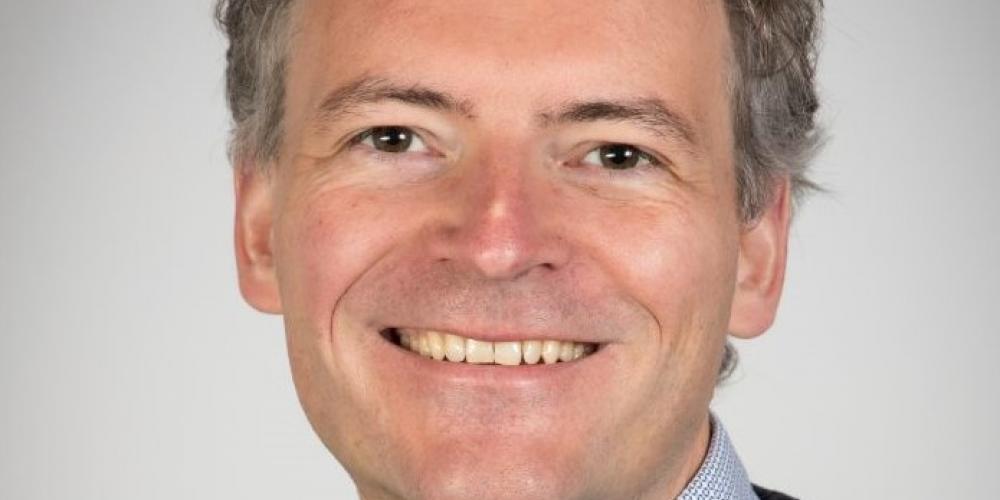Helmholtz Zentrum Berlin
Dr. Lilge, founder of gamelab.berlin, is working on the conception and implementation of digital and analog learning and experience offerings that use playful elements to generate continuous motivation throughout the entire period of use. Examples of such offerings include serious games, i.e., serious games that pursue specific learning objectives; gamified apps, i.e., applications that contain playful aspects; digital and analog exhibits; and immersive room design that immerses the user in a captivating experience. The goal is that people, through these interactive and engaging learning methods, will be motivated to expand their knowledge and actively engage with the content. In addition to his work as a researcher on the cultural technique of games, he advises companies and organizations on the topics of gamification and human focused design.
- Conception and testing of digital prototypes
- Consulting on interdisciplinary innovation projects
Twiddle - mobile game for 8 research museums of the Leibniz Association
Polarstern 360° - Virtual and Augmented Reality Exhibition at the Bremerhaven Maritime Museum
Snapture - mobile game for teaching image literacy for the Bode-Museum Berlin
Mein Objekt - playful knowledge transfer for e.g. Humboldt-Forum Berlin, Badisches Landesmuseum, a.o.
Gamification Expert Level 3 of the Engagement Alliance and
certified Octalysis Framework user
The working group, of which Professor Adelhelm is head of, is engaged with the field of applied materials research. Where the main research focus lies on materials, which are suited for power storage in batteries. Therefore especially lithium-ion- and sodium-ion batteries, as well as alternative cell designs (metal-, sulphur- and all-solit-batteries) are being explored. However, the working groups goal has always been explorative research and the complete clarification of physico-chemical correlations.
- material synthesis: ball mills, wet chemistry laboratory, stoves, calcination (grams scale)
- techniques of characterization: Powder X-Ray Diffraction (P-XRD), Scanning electron microscopy (SEM) and energy dispersive X-ray spectroscopy (EDS), Raman Spectroscopy, Infrared Spectroscopy
- Electrochemistry: multiple glove-boxes (Ar, N2), preparation of battery cells, battery test station (cycling of a battery), Potentiostat/Galvanostat with 2 and 3 electrode arrangement, Electrochemical Impedance Spectroscopy, (in situ/operando) special analyses like Dilatometer, or Mass Spectrometry during cell performance
- various joint projects with the Federal Ministry of Education and Research (BMBF)
- direct cooperations with companies (measurement orders)
Infineon Technologies Austria AG, Durst Phototechnik Digital Technology GmbH, Austria Technologie & Systemtechnik Aktiengesellschaft, ISOVOLTAIC AG, Sappi Europe
Prof. List-Kratochvil and his research group are working on electronic and optoelectronic hybrid components (based on hybrid material systems and organic or hybrid semiconductors), additive resource-efficient deposition techniques (inkjet printing) and in-situ nanostructuring and synthesis methods. By developing and combining novel electro-active materials with appropriate structuring and processing methods applications in the field of sensor technology, photovoltaics and optoelectronics are developed. Based on a wealth of experience, the AG Hybrid Devices can participate in national research projects, within the framework of European funding projects and programs or in direct contract research on the level from from basic research to joint product development.
- Infrastructure for the fabrication and characterization of thin film hybrid semiconductor devices (LEDs, Hybrid PV, Hybrid transistors, sensor devices)
- Inkjet printing method for structured additive deposition of electronic and photonic functional materials
- Electrical, optical and spectroscopic methods for the characterization of electronic and photonic functional materials
- Infineon Technologies Austria AG - Villach, Austria: joint development of inkjet based processes in semiconductor manufacturing and RFID-antenna technologies
- Durst Phototechnik Digital Technology GmbH - Lienz, Austria: joint development of inkjet based processes for printing on glass, consulting on the construction and ramp-up of a central corporate R&D-facility, training of employees
- Austria Technologie & Systemtechnik Aktiengesellschaft – Leoben, Austria: joint development of inkjet based processes for printing components on printed circuit boards
- ISOVOLTAIC AG – Lebring, Austria: joint development of hybrid PV Technologies
- Sappi Europe, Austria: joint development of coating technologies and electronic functionalities in and on paper


